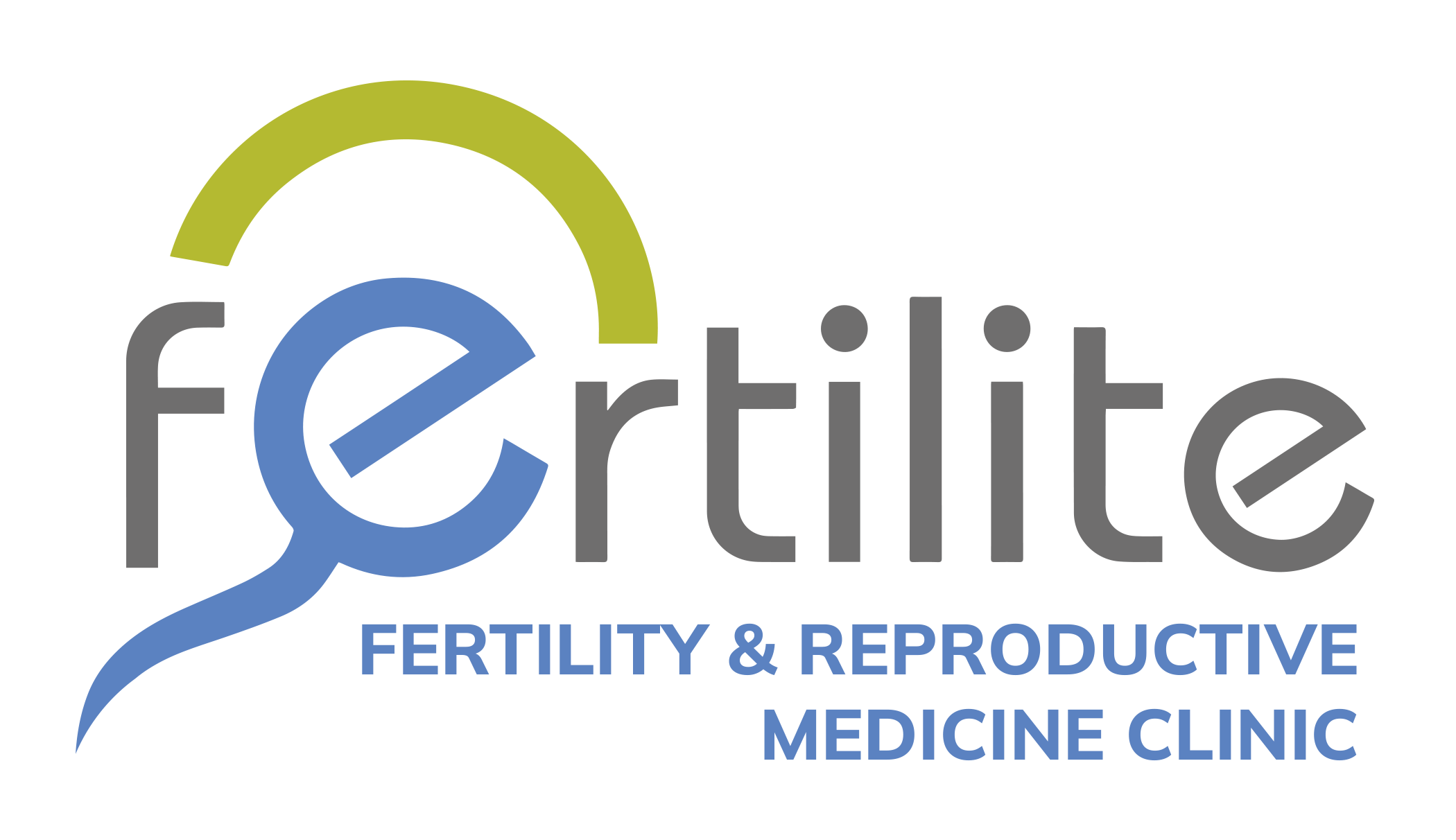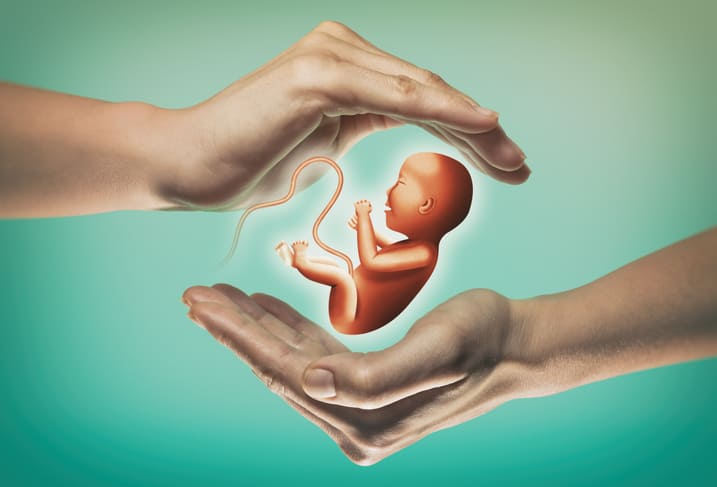Assisted reproduction is a medical field that helps individuals and couples overcome fertility challenges to conceive a child. With various assisted reproductive technologies (ART) available today, people struggling with infertility have several options. In this article, we’ll explore different methods of assisted reproduction, the processes involved, and factors to consider when choosing the right fertility treatment.
What is Assisted Reproduction?
Assisted reproduction refers to a collection of medical procedures that assist in achieving pregnancy. These methods are often used when individuals or couples face infertility issues, including ovulation disorders, male infertility, blocked fallopian tubes, or unexplained infertility.
Common Assisted Reproductive Technologies (ART)
There are several popular forms of assisted reproduction. Each method is tailored to specific fertility issues:
1. In Vitro Fertilization (IVF)
In vitro fertilization (IVF) is the most well-known method of assisted reproduction. During IVF, a woman’s eggs are retrieved and fertilized with sperm in a lab. Once fertilized, the embryos are transferred to the uterus to achieve pregnancy. IVF is ideal for couples facing blocked fallopian tubes, male infertility, or age-related infertility.
2. Intracytoplasmic Sperm Injection (ICSI)
Intracytoplasmic sperm injection (ICSI) is a specialized form of IVF. A single sperm is injected directly into an egg to facilitate fertilization. ICSI is particularly helpful in cases of male infertility where sperm quality or motility is low.
3. Intrauterine Insemination (IUI)
Intrauterine insemination (IUI), or artificial insemination, involves placing sperm directly into the uterus during ovulation. This less invasive option is used for mild male infertility or ovulation disorders. It can also be combined with sperm donation when necessary.
4. Egg Donation
Egg donation is a procedure in which a donor’s eggs are fertilized and transferred to the recipient’s uterus. This option is used when a woman cannot produce healthy eggs due to premature ovarian failure, advanced age, or genetic conditions.
5. Surrogacy
Surrogacy involves a surrogate carrying a pregnancy for someone unable to do so. In gestational surrogacy, an embryo is created through IVF and transferred to the surrogate’s uterus. The surrogate has no genetic link to the baby.
6. Sperm Donation
Sperm donation involves using donor sperm to fertilize eggs, either through IVF or IUI. This method is often chosen by single women, same-sex couples, or couples dealing with male infertility.
7. Fertility Preservation (Egg and Sperm Freezing)
Egg and sperm freezing allow individuals to preserve their fertility for future use. This is especially useful for those undergoing medical treatments that may affect fertility or those who wish to delay childbearing.
The Process of Assisted Reproduction
Although each ART method varies slightly, the general process for assisted reproduction includes the following steps:
- Consultation and Diagnosis: A fertility specialist will conduct diagnostic tests to determine the cause of infertility and recommend the best treatment option.
- Ovarian Stimulation: For IVF and ICSI, hormonal medications stimulate the ovaries to produce multiple eggs. Monitoring ensures the eggs develop properly.
- Egg Retrieval: Once mature, the eggs are collected through a minor procedure for fertilization.
- Fertilization: Eggs are fertilized in the lab, either naturally or via ICSI. The resulting embryos are monitored for a few days.
- Embryo Transfer: A viable embryo is selected and transferred to the uterus, where implantation is expected to lead to pregnancy.
- Pregnancy Test: After about two weeks, a pregnancy test will confirm whether implantation has occurred.
Factors to Consider in Assisted Reproduction
When choosing a method of assisted reproduction, several factors come into play:
- Age: Age plays a significant role in the success rates of ART. Women over 35 may find IVF or egg donation more successful than other methods.
- Health History: Medical conditions, previous fertility treatments, and lifestyle factors will influence the choice of ART.
- Cost: Assisted reproduction can be expensive, especially procedures like IVF. Costs may vary based on location, clinic, and additional services such as egg donation or surrogacy.
- Emotional Impact: Fertility treatments can be emotionally challenging. Counseling and support groups are beneficial resources during this journey.
- Legal and Ethical Considerations: Surrogacy and egg/sperm donation often require legal agreements to protect all parties. Understanding the legal framework in your country is essential.
Success Rates and Challenges
Success rates for assisted reproduction depend on various factors, including the woman’s age, underlying health conditions, and the ART method used. For example, IVF success rates are higher for younger women and when donor eggs are used. However, challenges like multiple pregnancies, miscarriage, and emotional strain are also common.
Conclusion
Assisted reproduction offers hope to many individuals and couples who dream of starting or expanding their families. Whether through IVF, IUI, or egg/sperm donation, these technologies provide a range of options to address different fertility challenges. Consulting with a fertility specialist will help you determine the most appropriate method based on your unique situation. With the right support and care, assisted reproduction can make parenthood possible for many.
References
- Dondorp, W., de Wert, G. (2019). Fertility preservation for healthy women: Ethical aspects. Journal of Assisted Reproduction and Genetics, 36(3), 469–475.
- Fertilite Center. (2024). Egg Donation Program at Fertilite.
- De Geyter, C. (2018). Assisted reproductive technology: Impact on society and the need for action. Reproductive Biomedicine Online, 38(6), 827–835.
- Fertilite Center. (2024). Fertility Preservation.
- Niederberger, C., Pellicer, A., Cohen, J., Gardner, D.K., Palermo, G.D., Ozturk, O., et al. (2022). Fertility and Assisted Reproductive Technology. StatPearls [Internet].
- Fertilite Center. (2024). IUI vs IVF: Which Fertility Treatment is Right for You?




